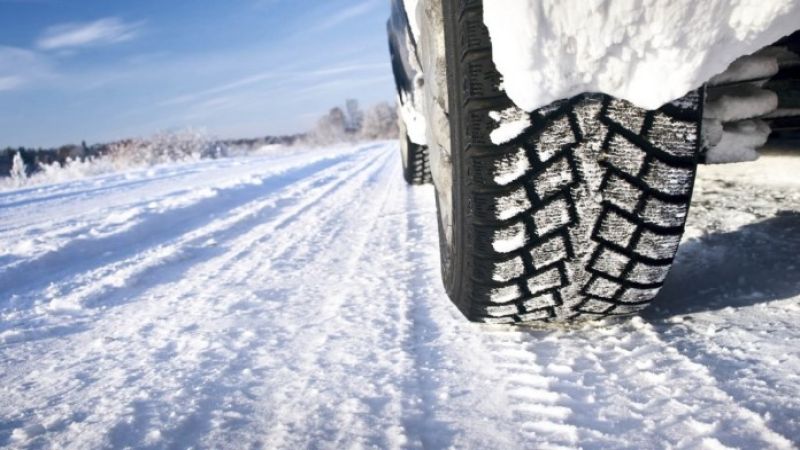With all of the cold that has gripped the nation the last couple of weeks, the roads in much of the northern tier of states have turned into a maze of frozen asphalt linguine. So, what does this mean, it means that the tires you thought had excellent grip on the road surface are little more than rolling marbles, no matter how much tread you have on them.
The reasons to choose winter tires over others
There are a couple of reasons for this:
- It’s a simple matter of thermodynamics: the longer you keep chilling something, the colder it becomes until it reaches equilibrium with its surroundings. For example, if the temperature outside has hovered around 0˚ Fahrenheit for some days, the first foot or so underneath the surface will be heading toward 0˚, if it isn’t there already. And, the top layer and road surface will be there.
- The material out of which the tires are built. Tire manufacturers use compounds of rubber, fiber, and composite materials. The primary market for each tire determines the compound. For the most part, the tires used on most cars are compromises. They are made to run on roads whose temperatures and conditions range between 42˚ or so Fahrenheit and 80˚ or so. At temperatures below 45 “all-weather” or “ice and snow” tires are little more than unresponsive doughnuts best used for general driving. In fact, in cold weather, such tires are little more than lumps of rubber encircling your vehicle’s wheels. These tires work reasonably well if you don’t overstress them but if conditions are such that better tires are required, they won’t fill the bill.
Manufacturers build most tires for averages – average temperatures; average humidity; average weather – not extremes. What exactly is average? As noted, the temperature range for most all-weather tire or summer tire performance is 40-80˚ Fahrenheit; the weather is dry as is the humidity. It’s a far cry from the real world of this winter’s cold where nearly the whole month of December – and now into January – temperatures have been 15 or more degrees below normal; including many days where the temps were far below 0.
In this situation, tires are sliding, in some cases, along the surface of even dry-looking surfaces, rather than rolling or also grabbing, the quality of your vehicle’s tires should be your paramount thought. You need tires that will retain their grip, no matter what the surface and no matter what the conditions.
It’s not even a trade-off, winter tires are best
To be sure you have the right tires, you have to invest in a set of real winter tires, not the usual rubber that manufacturers install.
And, while no tires are guaranteed to be panaceas, you should know that the winter tires we just mentioned are the best choice. Their compounds are such that they remain pliable to temperatures far below zero and in ice and snow conditions that have so-call all-weather tires calling for help. Indeed, even winter tires need help at times – snow chains which will get you through where other tires are just spinning.
Cold weather, ice and snow driving recommendations
So, here are our recommendations for cold weather, ice and snow driving:
- Winter tires
- Installed on all four wheels
- Keep a set of chains in the trunk
- Also, make sure you have a good shovel or entrenching tool if you hit snow
- Keep a sack of kitty sand, which is the best at established traction, if you are stuck
- Be sure you have a set of jumpers or a battery-jumper box to get started if your battery dies
- Run your car frequently during the day to keep everything moving.
Sources: Tire manufacturers, National Safety Council, Federal Emergency Management Agency
Set Torque News as Preferred Source on Google












Comments
Well said, Marc Stern!
Permalink
Well said, Marc Stern!
Marc, you did not clarify the
Permalink
Marc, you did not clarify the difference between "all season" tires and "all weather" tires. I wonder if you can provide further comments on both.